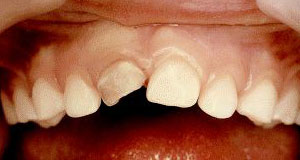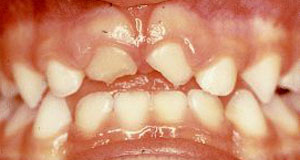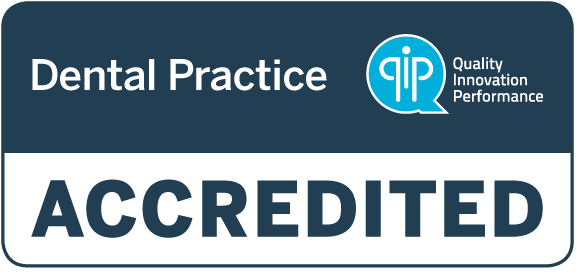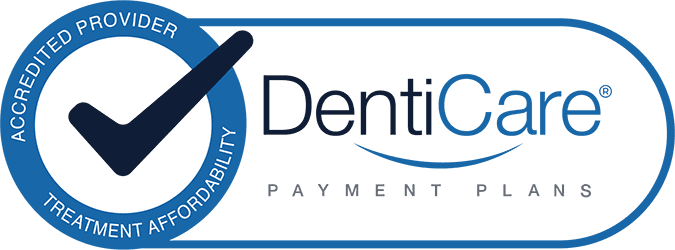Dental Trauma Care
The most common causes for dental trauma in children are falls and sports. Dental trauma that results in broken, displaced, or lost teeth can have significant negative functional and aesthetic effects on children. Immediate dental assessment and care are essentially required for all dental injuries in children. Our paediatric dentists are well trained in providing emergency and follow up management for children’s dental trauma.
What do I do if my child’s tooth is knocked out?
If the tooth is a baby tooth, we don’t replant them. Bring your child to the dental practice for an evaluation to ensure that there is no other damage.
If the tooth is permanent, time is critical in saving the traumatized tooth! The faster you act, the better your chances of saving the tooth! Try to located the tooth and handle it only by the crown. If the tooth is clean it can be immediately placed back in the socket and held in place by gently biting a gauze or tissue. If the tooth is dirty, the socket is damaged, or your child too upset, place the tooth in an appropriate storage medium (milk or saliva). Do not use water as it will destroy the cells of the root. If your child is experiencing dizziness, nausea, or vomiting contact your doctor. Otherwise, bring your child for dental treatment.


If the tooth is chipped or fractured, either a primary or permanent tooth, the quicker you act, the better your chances of preventing infection and reduce the need for extensive dental treatment. Rinse the mouth with water and apply cold compresses to reduce swelling. If you can find the broken tooth fragment, bring it with you to the dentist.
If your child has head injury or jaw fracture as a result of the accident, go immediately to the emergency room of hospital. Head injury can be life threatening.
How can I care my child after a mouth trauma?
Keep the traumatized area as-clean-as possible. Use of antibacterial mouthrinse can prevent infection and promote faster healing. Watch for darkening of traumatized teeth. This is a common result following trauma and could be an indication of a dead nerve (pulp). Ice should be administered during the first 24 hours to keep the swelling to a minimum. Antibiotics or pain killers may be prescribed as required.
Also watch for infection in the area of trauma. If infection is noticed, child needs to be seen as soon as possible. Maintain a soft diet for two to three days, or until the child feels comfortable eating normally again. Sweets or foods that are extremely hot or cold and even hard food should be avoided.
Do not forget to attend the ongoing follow up reviews for the traumatized tooth! Complications on the traumatized primary and permanent tooth are not uncommon in children and can occur anytime after the trauma. These complications include the traumatized tooth becomes “discolored” or “dead” or infected. Moreover, the development of the unerupted permanent tooth can be disturbed if the traumatized primary tooth is displaced.
Dental trauma can be prevented in sports by wearing mouthguards. Our practice provides custom made mouthguard service to suit your child’s need. Also, you can child-proof your home to prevent falls and other injuries in young children.
Fore more helpful information about Dental Trauma Care, visit:







